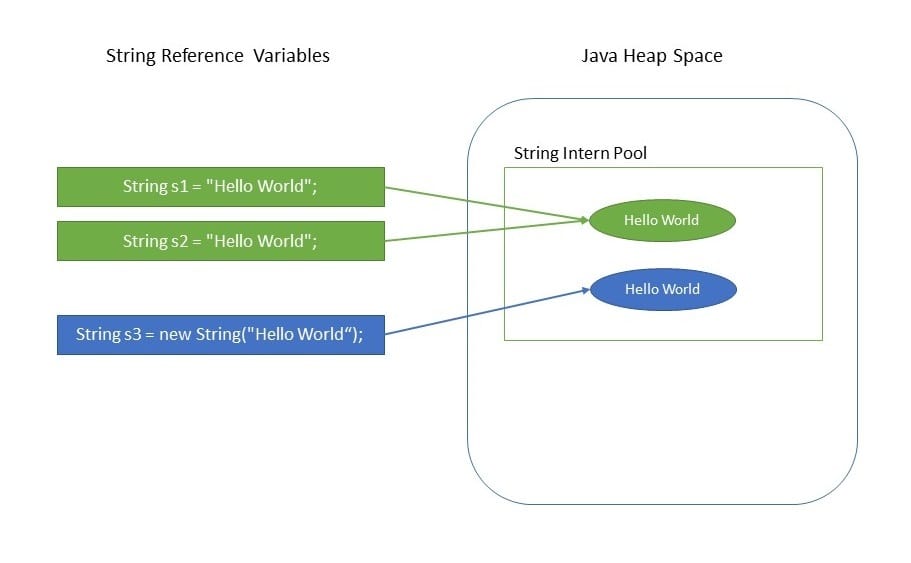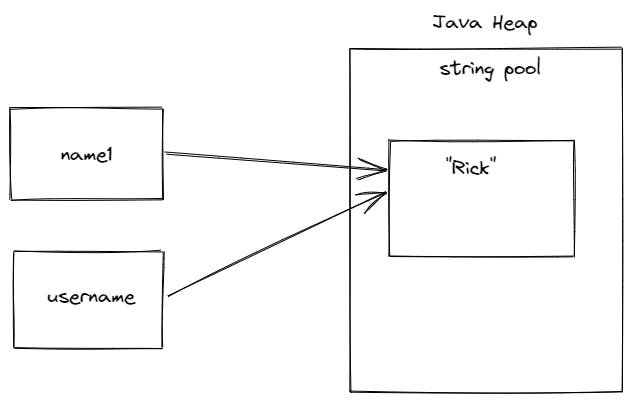What Is Immutable Strings and Just How It Works
In the realm of shows, comprehending the concept of immutable strings is paramount for creating durable and safe applications. Unalterable strings refer to strings that can not be changed after they are created, guaranteeing information stability and predictability within the code.
The Fundamentals of Unalterable Strings
Unalterable strings, as an essential principle in programs, are personality sequences that can not be changed once they are created. This suggests that as soon as a string is designated a worth, that worth can not be changed. In languages like Python and Java, strings are unalterable things, bring about numerous implications in regards to memory administration and information stability.
One of the crucial benefits of immutable strings is that they offer a complacency in information control. Because the content of an unalterable string can not be changed, it ensures that the initial information continues to be undamaged, minimizing the threat of unplanned modifications throughout program implementation (Why are strings immutable in Java?). This home also simplifies debugging processes, as programmers can trust that as soon as a string is specified, its value will not be inadvertently altered
When a brand-new string is developed based on an existing one, rather than changing the initial string, the new worth is stored individually. Generally, comprehending the basics of unalterable strings is crucial for mastering programming principles and enhancing code effectiveness.
Benefits of Immutable Strings
Structure upon the security and effectiveness benefits of immutable strings, their benefits encompass enhancing code integrity and streamlining concurrent shows tasks. By being immutable, strings can not be customized after production, which gets rid of the threat of unexpected changes in the data they save. This fundamental immutability makes sure that once a string is created, its worth remains constant throughout the program's implementation, decreasing the opportunities of insects brought on by unexpected changes.
In addition, immutable strings add to code dependability by making it easier to reason concerning the state of a program. Considering that strings can not be changed, programmers can rely on that a string will certainly constantly hold the same value, streamlining debugging and upkeep initiatives. This predictability leads to a lot more trustworthy and stable codebases.

Execution in Shows Languages
Within various programming languages, the unification of unalterable strings is an essential element that affects exactly how data is managed and controlled within code structures. The execution of immutable strings differs across various shows languages, with each language supplying its very own systems to support this concept.

On the other hand, languages like C and C++ do not have built-in support for unalterable strings. Programmers in these languages have to manually implement immutability by enforcing policies within their code to avoid straight adjustments to string objects.
Ideal Practices for Functioning With Unalterable Strings
When taking care of immutable strings in programs languages like Java and Python, adhering to ideal techniques makes certain safe and secure and effective data adjustment. Among the crucial finest practices is to make use of StringBuilder or StringBuffer rather than straight adjusting strings, particularly when managing comprehensive concatenation procedures. These classes give mutable alternatives for string control, assisting to stay clear of unnecessary memory appropriations and improving efficiency.
Another best practice is to use string interpolation or format operates given by the language instead of hands-on concatenation. This not just boosts readability yet also aids in stopping common mistakes such as unintended string adjustments. In addition, when collaborating with sensitive data such as passwords or API keys, it is important to avoid saving them as plain text in immutable strings. Utilizing protected storage systems like char ranges or specialized libraries for handling sensitive details helps minimize safety and security threats related to immutable strings.
Real-world Applications and Examples
Exploring useful executions of immutable strings in numerous markets reveals their considerable influence on information integrity and system dependability. In the health care industry, unalterable strings play a critical function in making certain the safety and security and confidentiality of individual information. By avoiding unauthorized adjustments to sensitive info such as medical records and prescriptions, unalterable strings aid maintain conformity with stringent personal privacy regulations like HIPAA.
Banks likewise gain from the unalterable nature of strings to enhance the protection of customer information and purchase records. Immutable strings help avoid fraud and unauthorized changes to economic details, supplying a robust protection versus cyber dangers and guaranteeing the depend on and self-confidence of clients.

Conclusion
In verdict, immutable strings are dealt with and unchangeable sequences of personalities that offer benefits such as thread safety and boosted efficiency in programming. They are carried out in various programming languages to make certain information honesty and security. Finest methods for dealing with unalterable strings consist of staying clear of straight adjustments and utilizing approaches that return new string items. Real-world applications of unalterable strings consist of information security, caching, and string adjustment jobs.
Immutable strings refer to strings that can not be changed after they are created, making sure data integrity and predictability within the code. When a brand-new string is produced based on an existing one, instead than modifying the original string, the brand-new value is saved individually.In languages like Java and Python, strings are immutable by default, implying that once a string object is developed, click reference its value can not be changed - Why are strings immutable in Java?. Best methods for working with immutable strings include staying clear of direct alterations and utilizing techniques that return new string objects. Real-world applications of immutable strings include data security, caching, and string manipulation tasks